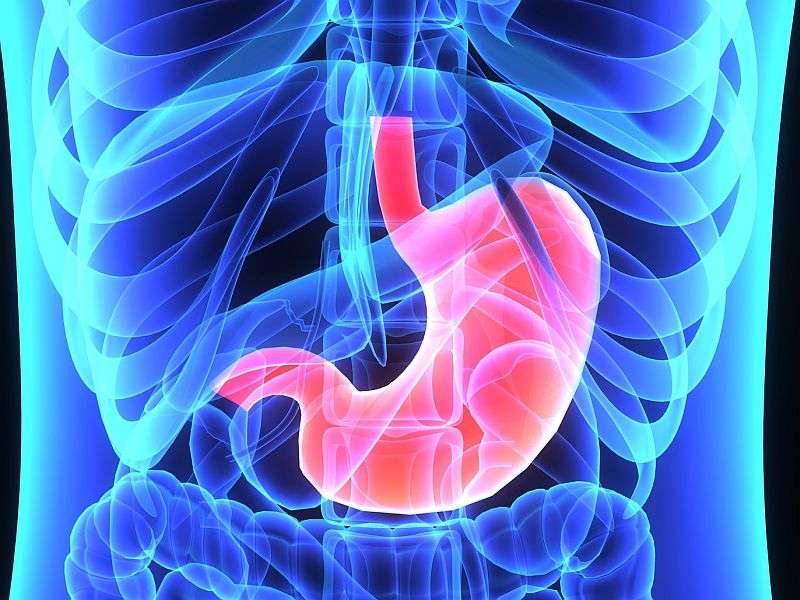Poor pathologist agreement for low-grade dysplasia in Barrett's

(HealthDay)—There is poor agreement between pathologists in diagnosis of low-grade dysplasia (LGD) in patients with Barrett's esophagus (BE), according to a study published in the February issue of Gastroenterology.
Prashanth Vennalaganti, M.D., from the Veterans Affairs Medical Center in Kansas City, Mo., and colleagues discussed the diagnostic criteria for LGD and then reviewed 72 slides from patients with BE identified from seven pathologists (four from the United States and three from Europe). Slides included 23 samples of non-dysplastic BE, 22 LGD samples, and 34 high-grade dysplasia samples.
The researchers found that the overall κ value was 0.43 for diagnosis. The κ values were 0.22 for non-dysplastic BE, 0.11 for LGD, and 0.43 for high-grade dysplasia when categorized based on degree of dysplasia. The inter-observer agreement was considerable among the U.S. and European pathologists (κ, 0.63 and 0.80, respectively) when all pathologists made a diagnosis with high confidence. For all diagnoses, the κ values were higher for those made by European versus U.S. pathologists.
"In an analysis of criteria used in histopathologic diagnosis of LGD, we did not observe improvement in level of agreement among experienced pathologists, even after accounting for inflammation," the authors write. "The level of inter-observer agreement increased with level of pathologist confidence."
One author disclosed financial ties to the biopharmaceutical industry.
More information: Full Text
Copyright © 2017 HealthDay. All rights reserved.














